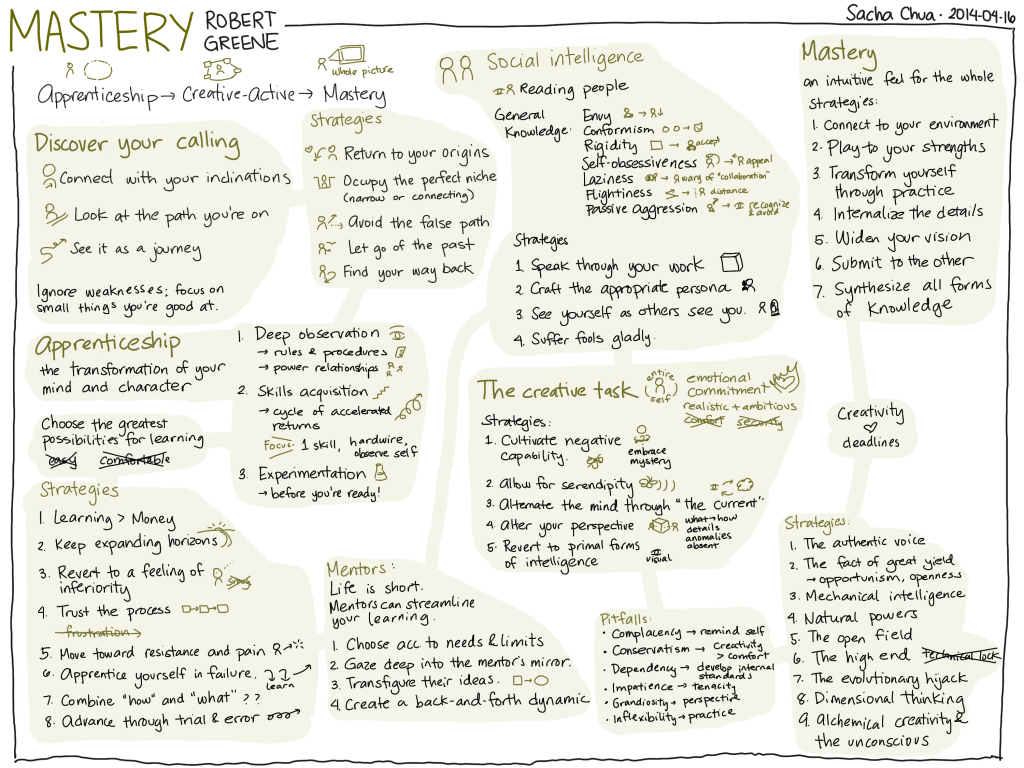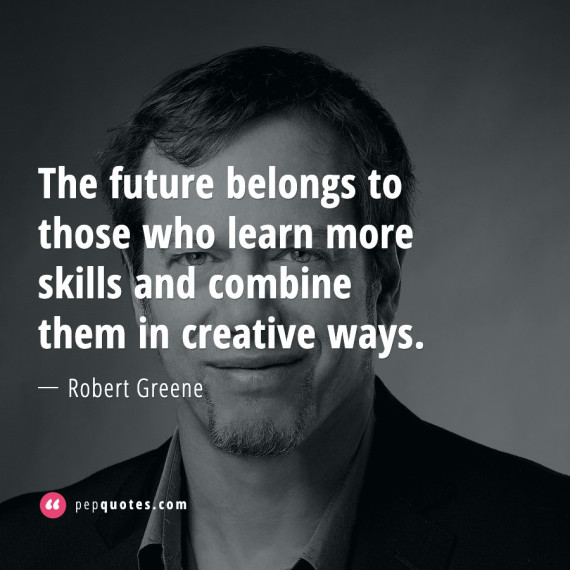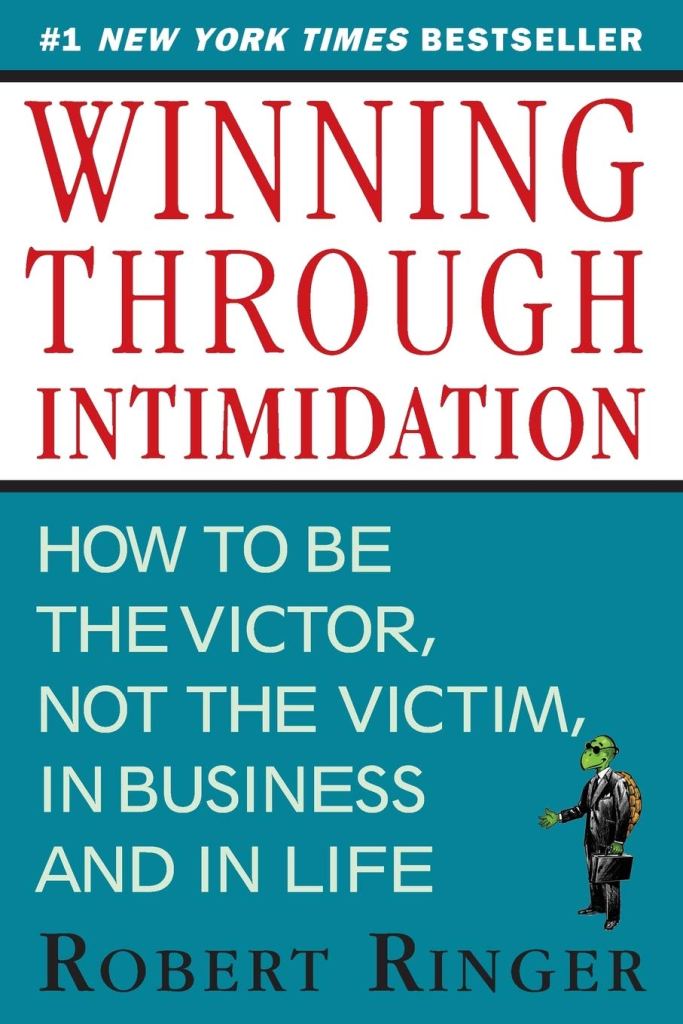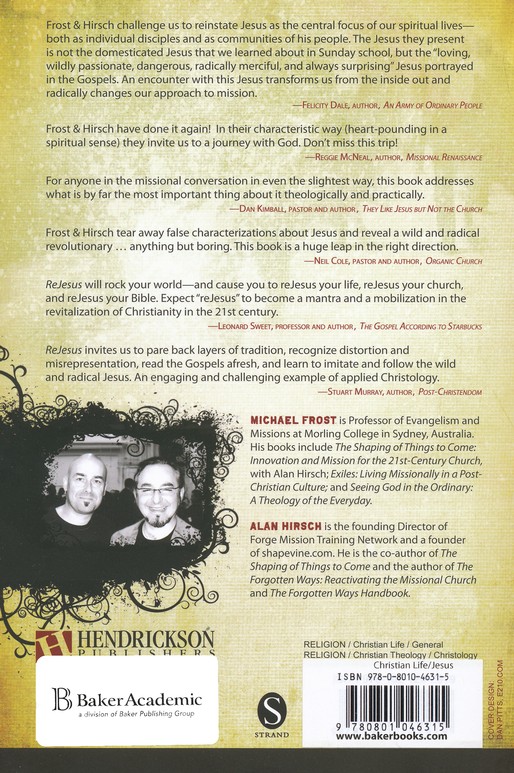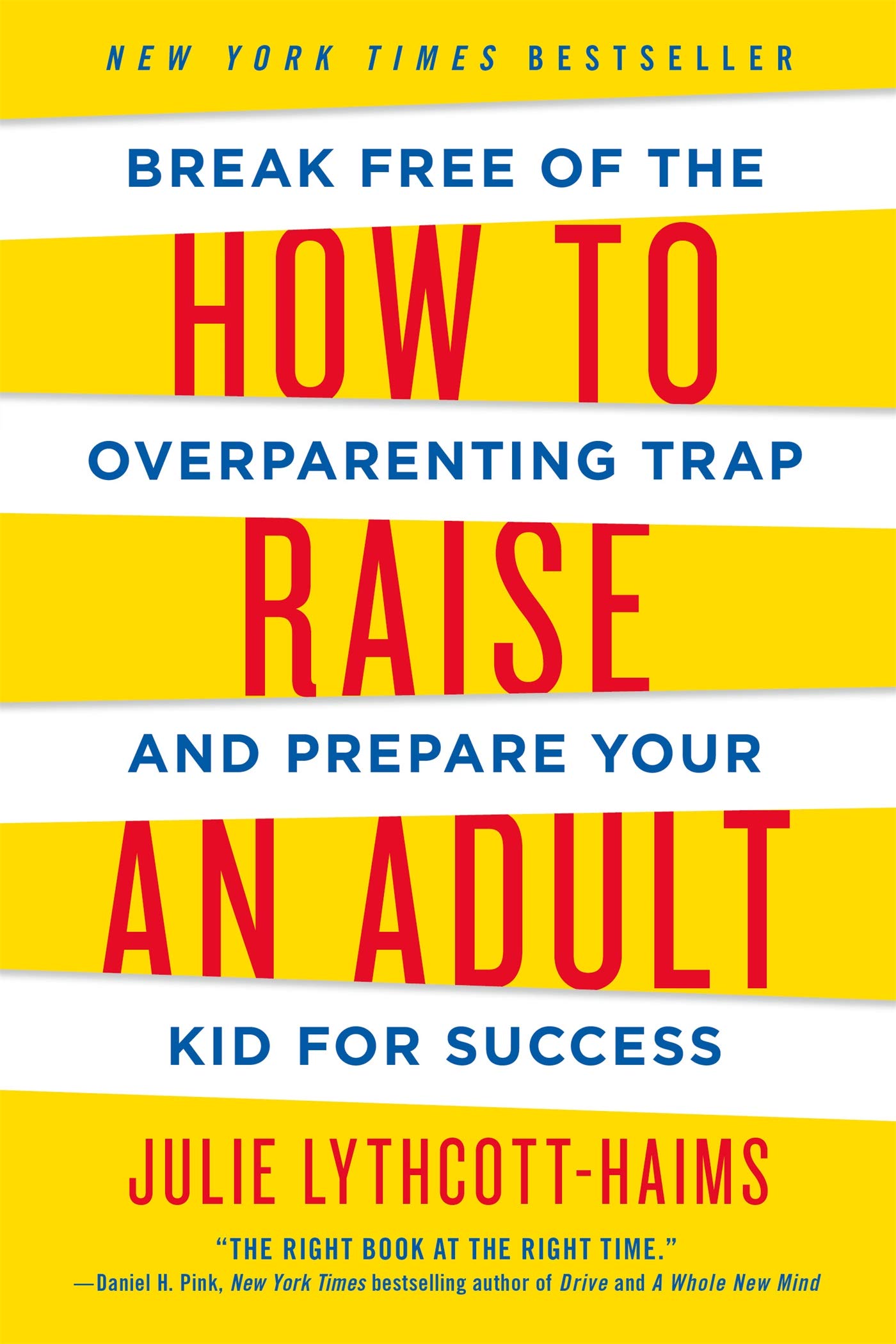Here are some quotes from the recent Never Finished book by David Goggins. My middle son gave me this book, and I enjoyed reading it and was inspired.
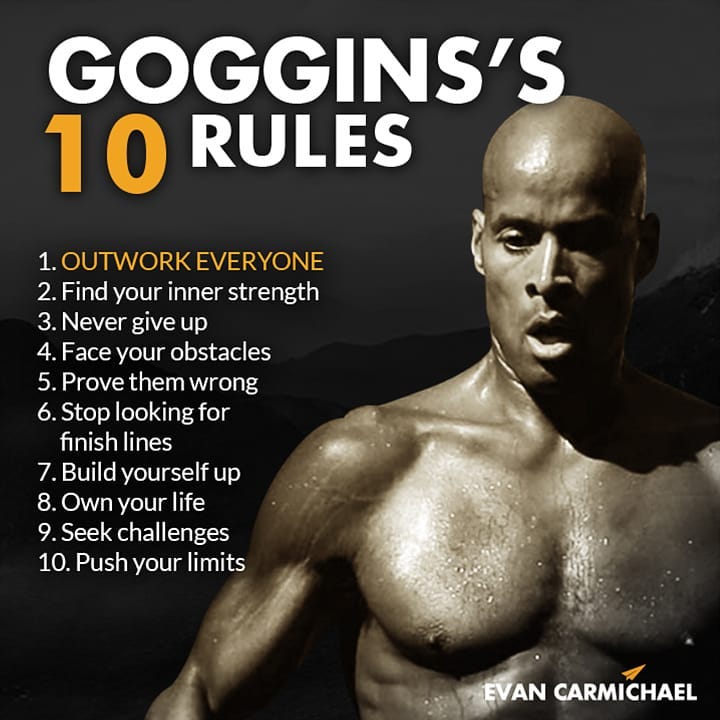
- “Because when you’re living in hell, the only way to find your way out is to confront the Devil himself.” (p. 24)
- “Roger that. It ain’t your fault that you were dealt a bad hand, but…it is your responsibility. How long will you allow your past to hold you back before you finally take control of your future?” (p. 25)
- “I’d spent my entire life in surface waters hoping that my luck would change and everything I’d dreamed of would fall into place for me. That night, on my drive home to Indiana, I accepted the hard truth that hoping and wishing are like gambling on long shots, and if I wanted to be better, I had to start living every day with a sense of urgency. Because that is the only way to turn the odds in your favor. Reality can be brutal when all of your excuses are stripped away and you are exposed for exactly who and what you have become, but the truth can also be liberating.” (pp. 31-32).
- “Anything was possible as long as I adopted a new mindset. I needed to become someone who refused to give in, who simply finds a way no matter what. I needed to become bulletproof, a living example of resilience.” (p.32)
- “I realized that only I have the power to determine my future, and I had a choice to make. I could continue living in the Haven of Low Expectations, where it was comfortable and safe to believe that my life was not my fault or my responsibility… Or, I could leave all that behind for a world of possibility, much more pain, unfathomably hard work, and zero guarantees of success. I could choose resilience.” (p.33)
- “I found the will to transform myself into the grittiest human being ever to find light where there was none.” (p. 33)
- “Those are the ones who don’t stop at good enough. They aren’t satisfied with just being better than they used to be. They are forever evolving and striving for the highest level of self.” (p. 33)
- “Tragedy hunts us all, and any event that causes suffering will linger longer than it should if you let it. Because our sad stories enable us to grade ourselves on a forgiving curve. They give us latitude and justification to stay lazy, weak-minded people, and the longer it takes for us to process the pain, the harder it is to reclaim our lives.” (p.37)
- “We cannot afford to remain afraid of cutting away dead weight to save ourselves.” (p.38)
- “I’d wasted way too much of my life telling myself the same sad story. I needed to move forward. It was time to write something new.” (p. 38)
- “If you feel wronged by somebody else, you may be waiting on a confession or an apology in order to move forward, but I’m sorry to say the apology – that tearful confession you’ve been dreaming of – will never come. The good news is you don’t need anybody else to free you from your trauma. You can do it on your own. My father never apologized to me. Nobody ever said sorry for anything I went through. I had to come to the conclusion that while I didn’t deserve any of it, I was my main problem and primary obstacle. I’d give Trunnis Goggins all of my power. I had to take it back.” (p.39)
- “Windows of opportunity can and do close, so it is imperative that we do not waste time on foolishness. None of us have any clue what’s coming for us or when our time might run out, which is why I do my best to ignore anything that is counterproductive. I’m not suggesting we act like robots, but we need to understand that forward motion gives our lives momentum.” (p.39)
- “I didn’t know for sure if I’d ever find my way out of the darkness. I just knew that I could not throw in the towel, and neither can you. Because there is no towel in our corner. There is only water and a cut man. And if those are your only two options, you have no choice but to keep fighting until you overcome every last thing that once held you back.” (p.40)
- “A lot of us are trapped in our own brains, shackled by long-gone demons who might even be dead.” (p.44)
- “Denial is self-protecting, but it’s also self-limiting. Accepting your full truth, including all your faults, imperfections, and missteps, allows you to evolve, expand your possibilities, seek redemption, and explore your true potential. And until you unpack your baggage, it will be impossible to know what your potential really is. The whole truth can’t haunt you if it serves you.” (pp. 44-45)
- “You cannot be afraid to disappoint people. You have to live the life you want to live. Sometimes, that means being the person who can stand alone in a crowded room and be totally comfortable with that. Now, does that mean you won’t be nervous or that it will all go smoothly? Hell no.” (p.48)
- “Nothing is permanent. Life is the ultimate competitor. It takes no days off, and it won’t care if you’ve made some money or got a promotion at work. All that means is you are good to go for a moment or two.” (p.54)
- “When you are always in the grind, you think there will come a time when the rough road, blitzed with potholes and littered with blown tires, will smooth out, but that is never the case. In fact, if you go through life expecting that smooth road, you won’t be prepared when a pothole opens up and freshly laid blacktop and rocks you sideways one warm and pleasant evening.” (p. 54)
- “Some people might be put off by the term, but to me, calling someone a ‘savage’ is the highest compliment. A savage is an individual who defies odds, who has a will that cannot be tamed, and who, when knocked down, will always get back up.” (p. 54)
- “Everything must be utilized. Especially the energy in volatile, potentially damaging emotions like fear and hate. You have to learn how to handle them – how to mine them – and once you master the craft, any negative emotion or event that bubbles up in your brain or gets lobbed your way, like a grenade, can be used as fuel to make you better. But to get there, you must literally listen to yourself.” (p. 58)
- “The way we speak to ourselves in moments of doubt is crucial, whether or not the stakes are high. Because our words become actions, and our actions build habits that can coat our minds and bodies with the plaque of ambivalence, hesitancy, and passivity and separate us from our own lives.” (p.62)
- “Don’t be afraid of your weakness or doubt. Don’t be embarrassed and pretend it doesn’t exist. It surfaced for a reason, so use it to flip the dynamic of your life.” (p.63)
- “I see hate as another fuel source. I see the beauty and power in it, and I never let it go to waste.” (p. 63) – he is referring to the hate of others, not his own hate.
- “If you don’t get negative comments on social media, find your fuel in the thoughtless comment of a friend or the doubt of a teacher or coach. I’m sure it stings when you feel slighted, underestimated, criticized, or excluded. Just know that the heat you feel is free energy waiting to be burned. Don’t crawl up in a corner worried about the people who disrespect you. Repackage what you’re hearing and feeling until it works for you! That’s a winner’s mentality. Winners in life see everything they experience and everything they hear, see and feel as pure energy. They train their minds to find it. They drop into the gnarly crevices to mine golden nuggets of trauma, doubt, and hate. They do not live disposable, single-use lives. They discard nothing and refurbish everything. They find strength in the bullying and heartbreak, in their defeats and failures.” (p. 64)
- “When I bed down at night, I listen to my haters. And it’s obvious those weak cowards don’t have the slightest idea who they are dealing with. I’m the person who turns their every negative word into my positive progress. I take what they serve me, roll it up in that wrapping paper I saved way back when, and give it right back to them in the form of another work-out, another long run, and another year of leveling up. Honestly, I should thank them. They make me stronger and more determined to achieve my goals. Which only makes them hate me even more.” (pp. 64-65)
- “I lookled at each day as an opportunity to mine the negativity that had colonized my brain and became fascinated by the power of the mind and how it can work for us and against us.” (p.68)
- “My messed-up life was the raw material I was looking for, and if I paid close attention to my impulses, insecurities, and actions, dropped the shame, and remained willing to dissect my self-doubt, anxiety and fear, I would find the strength and motivation to transform my life.” (p.68)
- “In my Lab, each physical workout became a test of my mental fortitude. I stopped caring about how my body looked. You don’t need six-pack abs when your mind is steel-plated.” (p. 69)
- “There is nothing inherently special about me. I just stopped focusing on what was holding me back and learned to use rejection, pain, and failure as tools to harness every available bit of dark matter in my mind – all my unused strength, passion, and desire. It was rarely fun.” (p. 70)
- “This is what the average mind does. The reasons to say no to something that we know will require our maximum dedication and promises no guarantee of success will bubble up two at a time until we give up before we even get started. That’s when I knew I had already gone soft.” (p.73)
- “When you are a full-time savage, it’s a lifestyle. There is no “want to.” There is only “must do.” (p. 75)
- “Mental toughness and resilience fade if they aren’t used consistently. I say it all the time: you are either getting better, or you’re getting worse. You’re not staying the same.” (p. 76)
- “I don’t run to burn calories or maintain cardiovascular fitness. To me, it’s about achieving mental and physical greatness.” (p. 77)
- “But praise – whether it comes from your supervisors, your family, or anyone else – has a downside. It can soothe the inner savage and keep you from feeling the need to grind.” (p. 78)
- “The county issued a warning advising residents to remain indoors. In Gogglish, that meant it was the perfect day for a twenty-two mile run.” (p. 81)
- “I’d picked the worst day of the summer for my longest run of the week. Why? Because nobody else would even consider doing something like that, and that gave me a chance to prove myself to be uncommon amongst the uncommon once again.” (p. 81)
- “When all is calm, even temporarily, damn near anything can feel possible. So that’s when you dream it up and map it all out.” (p. 83)
- “Your body and mind react that way because they want to protect you by telling you to remove yourself from the suffering.” (p. 87)
- “Everything in life comes down to how we handle those crucial seconds. What separates a true savage from everybody else is the ability to regain control of their mind in that split second, despite the fact that all looks lost! That’s what people miss. Our lives aren’t built on hours, days, weeks, months or years.” Life, like Hell Week, is built on seconds that you must win, repeatedly. I’m not saying you have to be hyperaware every second of your life, but if you are pursuing something that demands all you’ve got and means the world to you, that is often what it takes.” (p. 89)
- “Moments of doubt are unavoidable when we take on any strenuous task.” (p. 90)
- “In that one second, you must take a breath and decide to bring the fight. When you are in the grip of life and in danger of losing control, just think, It’s time to take a knee. Get a couple of breaths and flash to your future. If you fold, what will happen next?” (p. 90)
- “There are consequences to this stuff. Quitting on a dream stays with you. It can color how you see yourself and the decisions you make going forward.” (p. 91)
- “Never quit when your pain and insecurity are at their peak. If you must retreat, quit when it’s easy, not when it’s hard. Control your thought process and get through the most difficult test first. That way, if you do bow out, you’ll know it wasn’t a reaction based on panic.” (p. 92)
- “It’s all well and good to have success and reach a certain level, but I really don’t care what you did yesterday. Maybe you finished Ultraman or graduated from Harvard. I do not care. Respect is earned every day by waking up early, challenging yourself with new dreams or digging up old nightmares, and embracing the suck like you have nothing and have never done a damn thing in your life.” (p. 93)
- “A prepared mind craves the worst conditions because it knows the pressure brings out its best and exposes almost everyone else.” (p. 97)
- “I’d learned long ago that no matter what type of event or challenge I engage in, the only competition that ever matters is me against me.” (p. 98)
- “We have to learn to stop looking for a sign that the hard time will end. When the distance is unknown, it is even more critical that you stay locked in so the unknown factor doesn’t steal your focus. The end will comes when it comes, and anticipation will only distract you from completing the task in front of you to the best of your ability. Remember, the struggle is the whole journey. There is great beauty when you are involved in something that is so hard most people want it to end.” (p. 101)
- “When you’re climbing a mountain or involved in any other difficult task, the only way to free yourself from the struggle is to finish it. So why whine about it when it gets hard? Why hope it will end soon when you know it will eventually? When you complain and your mind starts groping for the eject button, you are not bringing your best self to the task, which means you are actually prolonging the pain. The hard chargers keep their heads down and hammer away. They have trained their minds to stay hard in those hard moments.” (p. 101)
- “Whatever popped up in front of me had to be dealt with head-on because the full-time savage sees everything in life as an opportunity to learn, adapt, and evolve.” (p. 106)
- “We all have that ferocity – that dog – inside us. It’s a natural response to provocation, a close cousin of the survival instinct, but most of us keep it chained up and locked away behind closed doors because that savage side of ourselves doesn’t mix well with this “civilized” world. It’s obsessive. It’s always hungry, always looking for scraps of nourishment and finds them in competition, failure and disrespect. I used to open that door on a regular basis, but as my life changed, I locked that beast away like almost everybody else and started letting slights go.” (p. 111)
- “If you want to maximize minimal potential and become great in any field, you must embrace your savage side and become imbalanced, at least for a period of time. There are no days off, and there is no downtime when are obsessed with being great. That is what it takes to be the best at what you do. Know that your dedication will be misunderstood. The savage is not a socialized beast, and an imbalanced lifestyle appears selfish from the outside.” (pp. 111-112)
- “In a toxic situation, you cannot keep moving blindly forward hoping it will end. It won’t, but you might.” (pp. 118-119)
- “I am talking about controlled anger, which is a natural source of energy that can wake you up and help you realize that what you went through wasn’t right. It has warmed me when I was freezing, it has turned my fear into bravery, and it has given me fight when I had none. And it can do the same for you. Anger will snap you out of the spell you’re in until you are no longer willing to remain confined in your mental prison.” (p.119)
- “When a half-hearted job doesn’t bother you, it speaks volumes about the kind of person you are. And until you start feeling a sense of pride and self-respect in the work you do, no matter how small or overlooked those jobs might be, you will continue to sell yourself short.” (p.132)
- “First, you must recognize that you have fallen off or are perpetually falling short. Next, accept that you are on your own. Nobody will come save you. …it will be up to you to do the work. Then, you must become a disciple of discipline.” (pp. 138-139)
- “The question is, when is the right time to start living instead of merely existing?” (p. 140)
- “Well, I am proof that rebirth is possible through discipline, which is the only thing capable of altering your DNA. It is the skeleton key that can get you past all the gatekeepers and into each and every room you wish to enter. Even the ones built to keep you out!” (p. 140)
- “It’s easy to be great nowadays because so many people are focused on efficiency: getting the most for themselves with the least amount of time and effort. Let all of them leave the gym early, skip school, take sick days. Commit to becoming the one person with a never-ending task list. This is where you make up the difference in potential. By learning to maximize what you do have, you will not only level the playing field but also surpass those born with more natural ability and advantages than you. Let your hours become days, then weeks, then years of effort. Allow discipline to seep into your cells until work becomes a reflex as automatic as breathing. With discipline as your medium, your life will become a work of art. Discipline builds mental endurance because when effort is your main priority, you stop looking for everything to be enjoyable.” (pp. 140-141)
- “When you become disciplined, you don’t have time for that. Your insecurities become alarm bells reminding you that doing your chores or homework to the utmost of your ability and putting in extra time on the job or in the gym are requirements for a life well-lived. With discipline as your engine, your workload and output will double, then triple.” (p.141)
- “Discipline does not have a belief system. It transcends class, color and gender. It cuts through all the noise and strife. If you think that you are behind the eight ball for whatever reason, discipline is the great equalizer. It erases all disadvantages.” (p. 141)
- “That’s how it works when you’re trying to change. The call to remain complacent will only grow louder until you silence it with a pattern of behavior that leaves no double about your mission.” (p. 142)
- “From then on, whenever I had a purpose or a task in front of me, I didn’t consider it done until I’d completed it to the best of my ability. When that’s the way you live your life, you no longer need a task list or an Accountability Mirror because when you see the grass is high, you cut the grass right then. If you’re lagging behind in school work, you study harder or stay late and take care of business.” (p. 143)
- “It will always be up to you to find the lesson in every challenging situation and use it to become stronger, wiser, and better. No matter what comes down on your head, you must find a glimmer of light, remain positive, and never treat yourself as a victim. Especially if you intend to thrive in a harsh world where you have to work for everything that matters. I’m not talking about material things. I’m talking about self-respect, self-love, and self-mastery.” (p. 144)
- “Your problems and your past aren’t on anybody’s agenda. Not really. You may have a few people in your inner circle who care about what you’re going through, but for the most part, no one cares that much because they’re dealing with their own issues and focused on their own lives.” (p. 147)
- “Pity is a soothing balm that turns toxic.” (p. 147)
- “But the more comfort pity brings you, the more external validation you’ll crave and the less independent you will become.” (p. 148)
- “Every minute you spend feeling sorry for yourself is another minute not getting better, another morning you miss at the gym, another evening wasted without studying. Another day burned when you didn’t make any progress toward your dreams, ambitions, and deepest desires.” (p. 148)
- “When you separate yourself from the pack by cultivating the values and priorities that lead to greatness, mountains of adversity and hardship become speed bumps, and that makes it easier to adapt to the road ahead and build the new life or sense of self you crave.” (pp. 149-150)
- “Those who learn to adapt survive and thrive. Don’t feel sorry for yourself. Get strategic. Attack the problem. When you adapt, you will begin to see everything that comes your way as a stepping stone on your progression toward a higher plane.” (p. 150)
- “…most people see the thankless tasks that must be completed in order to advance as burdens instead of opportunities. That makes it impossible for them to learn. You’ve got to find the lesson in every menial task or low-wage job. That requires humility.” (p. 150)
- “Humility is the antidote to self-pity. It keeps you rooted in reality and your emotions in check. I’m never satisfied but you must appreciate what you have while staying hungry enough to learn everything you can.” (p. 150)
- “You can’t rise if you’re weighed down by bitterness and entitlement. Humility hardens your spine and encourages you to stand tall, secure in yourself no matter what anyone else thinks.” (p. 150)
- “People who feel sorry for themselves are obsessed with their own problems and their own fate. The higher I climb in my life, the more I realize how much I need to top that floor. Because that’s where all the knowledge is. There is no grit at the top, not tests of resolve in steak dinners, five-star hotels, or spa treatments.” (p. 152)
- “When something continually looms in the back of your mind like a taunting, that’s an alarm. It’s a signal that you need to evaluate and address that issue, or it may become a life-long fear, looming larger each day until it morphs into an obstacle you may never overcome. There is nothing wrong with being afraid or hesitant. We all have our reasons for remaining in the shallow end, but we must make our shallow end a training ground.” (p. 155)
- “That’s why I never get emotional or over-excited at the beginning of something hard. The same is true when it comes to monitoring my progress. I never celebrate anything in the middle of a race. Better to stay calm, focused on my own effort, and aware that what I’ve gotten myself into is not a game and that there are hungry forces well beyond my control waiting to pounce on me from behind.” (pp. 163-164)
- “You never want to rely on someone else to lead you in your race.” (p. 168)
- “Too many leaders deflect blame and point fingers instead of calling themselves out, but when they do that, nothing gets fixed in the short or long term.” (p. 168)
- “Once a mistake is made in the heat of battle, the only thing that matters is dealing with the aftermath with a clear head. Figuring out where, when and how things went wrong is important, but all evaluations must wait until the race is over.” (p. 168)
- “I knew from experience that the best life lessons don’t appear when things go well. It’s when all your goals and pretty plans burn to ash that you can see your flaws and learn more about yourself. You must take advantage of any opportunity to strengthen your resolve because when life hits you in the mouth, you will need that resolve.” (p. 170)
- “For starters, I had to stay locked in mentally. A lot of people fall down when they get smacked, and when they hit the ground, they lose all momentum. We must learn how to absorb life’s haymakers without getting knocked down.” (p. 171)
- “The rewards I seek are internal, and if you have that mindset, you will find opportunities for growth everywhere.” (p. 171)
- “Cultivating a willingness to succeed despite any and all circumstances is the most important variable of the reengagement equation. Your willingness to succeed builds self-esteem. It broadens your concept of your own capability, yet it is the first thing we lose touch with when things go bad.” (p. 172)
- “All I know is this: I am David Goggins. I exist; therefore, I complete what I start. I take pride in my effort and in my performance in all phases of life. Just because I am here! If I’m lost, I will find myself. As long as I’m on planet Earth, I will not half-ass it. Anywhere I lack, I will improve because I exist and am willing. This is the mentality we should all strive for when we’re stuck. Because when you’re in the hurt locker, you must be your own motivator, your own drill instructor. In the dark moments, you must remind yourself why you chose to be there in the first place.” (p. 173)
- “Not all friends and loved ones react that way when you change and become committed to perpetual growth. Some are genuinely offended, and you don’t need or want their voices in your head. Which is a nice way of saying you may be required to leave some people behind along the way.” (p. 193)
- “Don’t ever tell me you want to run a marathon because I will sign you up for a race, monitor your daily training, and run with you. Most people can’t handle that level of intensity. But, that’s the kind of backing I want. The type that comes with an expectation of effort and demands hours, weeks, even years of hard work. Because that is exactly what it takes to fulfill lofty ambitions and, more important than that, find out what you are truly capable of.” (p. 195)
- “The more you dwell on the negative, the weaker you feel, and that weakness infects those around you. However, the reverse is also true. I knew that if I could control my attitude and redirect my attention, I’d gain control of the entire situation.” (p. 202)
- “No matter what life serves me, I say, ‘Roger that.’ Most people think ‘Roger that’, simply means, ‘order received.’ However, in the military, some people infuse ROGER with a bit more intention and define it as, ‘Received, order given, expect results.’ When used that way, it is so much more than an acknowledgement. It’s an accelerant. It bypasses the over-analytical brain and stimulates action because, in some situations, thinking is the enemy.” (p. 203)
- “The answer is always ‘Roger that.’ Tell them all that you heard what they had to say and that they can expect your very best in return. And don’t forget to smile. A smile reminds them that you are the most dangerous when you’re cornered. That is how you respond to a setback. It’s the most efficient way to deal with adversity and come out clean.” (p. 204)
- “Whenever something sets me back, I always set a goal, something tangible to shoot for, that keeps me task-oriented and prevents me from being consumed by the sorrow of whatever is going on. But it’s important that your goal is not too readily attainable. I like to set audacious goals during dark times.” (p.205)
- “Very few individuals step outside the box and attempt to stretch their limits. They rule out the spectacular by default. They put a hard cap on their own performance way before game day.” (p. 205)
- “Locking eyes with the worst-case scenario is always my starting point in any endeavor because it removes the fear of failure, prepares me for any and all outcomes, and keeps me leaning net positive from jump. Whatever happens in life, we must aim to keep things net positive.” (p. 206)
- “When your entire day is messed up, make sure that you achieve something positive before lights out. Whatever it takes to go to bed in the black, get it done.” (p. 206)
- “The awareness that everything we do is merely training for the next episode is like a filter that expands your perception.” (p. 208)
- “Sympathy has no power. Humor, on the other hand, picks everyone up. It is a huge morale booster. Laughing at yourself and the absurdity of life and your own goofy choices gets the endorphins flowing and the adrenaline pumping.” (p. 213)
- “He understood that his rank only meant something if he sought out a different certification: an invisible badge that says, ‘I am the example. Follow me, and I will show you that there is more to this life than so-called authority and stripes or candy on a uniform. I’ll show you what true ambition looks like beyond all the external structure in a place of limitless mental growth.’” (p. 238)
- “Almost nothing in life is constant. Conditions and circumstances are perpetually in flux like the winds and the tide, which is why my mind is never fixed. I tack and adjust, forever searching for my new 100 percent. Age, health, and the responsibilities we carry can be limiting. That doesn’t mean we should give in to those limitations or use them as excuses to let ourselves or our dreams go.” (p. 258)
- “No matter what you are dealing with, your goal should be to maximize the resources and capabilities you do have.” (p. 259)
- “No matter what I’m doing or which arena I’m engaging in, I will always aim for greatness because I know that we are all mere mortals and greatness is possible for anyone and everyone if they are willing to seek it out in their own soul. In Gogglish terms, greatness is a state of letting go of all your faults and imperfections, scavenging every last bit of strength and energy, and putting it to use to excel at whatever you set your mind to.” (p. 275)
- “The harder it rained or snowed, the longer I’d run because I knew that nobody would ever do something that miserable if they didn’t have to.” (p.282)
- “Willing warriors don’t reach for excuses. While it’s human nature to try and talk yourself out of doing the hard or inconvenient thing, we know that it’s non-negotiable.” (p.284)
- “Which is what this messed-up world needs from all of us: to evolve into the very best versions of ourselves. That’s a moving target, and it isn’t a one-time task. It is a lifelong quest for more knowledge, more courage, more humility, and more belief. Because when you summon the strength and discipline to live like that, the only thing limiting your horizons is you.” (p. 305)

